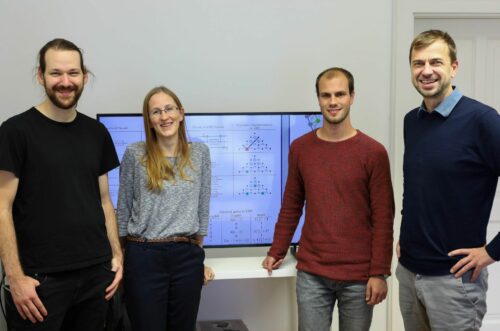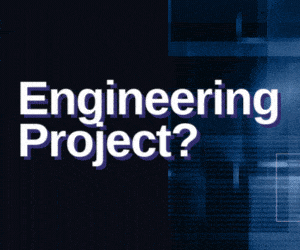Researchers have developed a way to enhance the computing rate of quantum computers by encoding coordination among qubits.

One of the good things about quantum computers is that the quantum bits or as it is known as qubits, are capable of storing data and can also work as a computing unit. But this is a limitation as well, as the quantum information from the qubits can be copied.
In order to overcome this issue, theoretical physicist Wolfgang Lechner, together with Philipp Hauke and Peter Zoller, suggested a novel architecture for a quantum computer in 2015. This architecture is now known as the LHZ architecture after the authors. The physical qubits in this architecture encode the relative coordination between the bits rather than representing individual bits. “This means that not all qubits have to interact with each other anymore,” explains Wolfgang Lechner.
Parity computers can perform operations between two or more qubits on a single qubit. “Existing quantum computers already implement such operations very well on a small scale, however, as the number of qubits increases, it becomes more and more complex to implement these gate operations,” Michael Fellner from Wolfgang Lechner’s team explains.
Researchers show that parity computers can, for example, perform quantum Fourier transformations – a fundamental building block of many quantum algorithms – with significantly fewer computation steps and thus more quickly.
The new concept offers hardware-efficient error correction. As quantum systems are very sensitive to disturbances, quantum computers must correct errors continuously. Significant resources must be devoted to protecting quantum information, which greatly increases the number of qubits required. Researchers explained that this model operates with a two-stage error correction, one type of error (bit flip error or phase error) is prevented by the hardware used.
References: “Universal Parity Quantum Computing” by Michael Fellner, Anette Messinger, Kilian Ender and Wolfgang Lechner, 27 October 2022, Physical Review Letters.
DOI: 10.1103/PhysRevLett.129.180503








